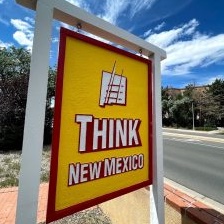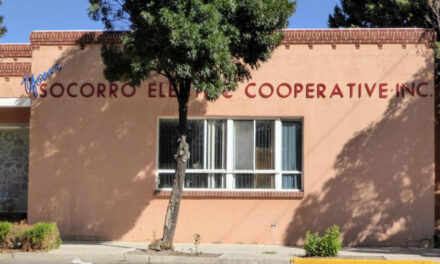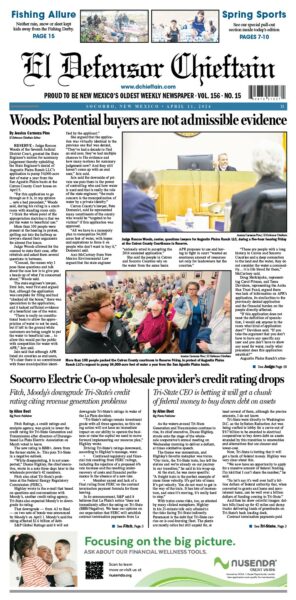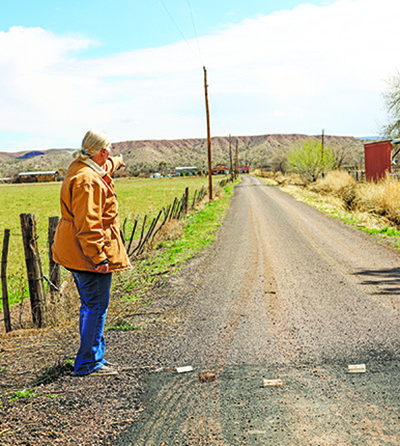Over the past year, New Mexicans have been hit hard by rising food costs. Grocery prices have risen by more than 13 percent, the largest annual increase since 1979 according to the U.S. Bureau of Labor Statistics.
Meanwhile, state tax revenues are reaching record levels due to high oil and gas prices and production. The latest projections anticipate that state government will have a surplus of $2.45 billion next year.
With families struggling and state coffers overflowing, it is unbelievable that legislators would even consider bringing back the regressive food tax – and yet, that proposal continues to be a topic of discussion by the New Mexico legislature.
As the legislature’s Revenue Stabilization and Tax Committee met through the summer to discuss the outlines of a major tax reform bill, legislators brought up the food tax again and again, with some expressing regret for the loss of government revenues that resulted from the repeal of the food tax nearly two decades ago.
For example, on July 5, Representative Moe Maestas, Chair of the House Commerce and Economic Development Committee, said the state had been “unwise” to stop taxing food. When the issue of taxing groceries was raised again at the August 11 meeting, a reporter for the Albuquerque Journal asked House Taxation and Revenue Committee Chair Christine Chandler directly whether legislators were considering including a food tax in their legislative package for next session. She responded only that reimposing the food tax is “not a high priority.”
This would not be the first time that legislators have included the food tax in a so-called “tax reform” bill. In fact, many such bills have been introduced over the past dozen years, with one making it all the way to the desk of Governor Richardson, who line-item vetoed the food tax.
The candidates running for governor this year have not stated what they would do if the legislature sent them a “tax reform” bill that included the food tax. Likewise, every member of the state House is up for election this fall, and many of them have not yet taken a position on the food tax.
New research underscores why taxing food is such bad policy. A study published last year by a team of researchers from the University of Kentucky, University of Wisconsin, Duke and Cornell found that increases in food taxes are closely correlated with increases in food insecurity. A related study also found that higher food taxes were linked to higher rates of obesity and diabetes.
The harmful impacts of taxing food may help explain why legislatures and governors across the nation are moving to reduce or repeal them. Only Mississippi and Alabama still fully tax food at both the state and local level. Thirty-seven states do not impose any taxes on the sale of food, and that number continues to grow.
Earlier this year, Kansas passed legislation to phase out its food tax over the next several years, joining Arkansas, which passed a similar law in 2019. Also this year, Oklahoma suspended its food tax for the next two years, Illinois suspended its food tax for a year, and Virginia repealed the state portion of its food tax, leaving a local 1 percent tax in place for now.
Meanwhile, after the Utah legislature passed a bill in 2019 that would have raised its food tax from 1.75 percent to 4.85 percent, lawmakers faced massive public protests and a petition campaign against the tax hike. The legislature quickly repealed the higher food tax.
New Mexico lawmakers should learn from their colleagues in other states, and the national experts who have studied this issue, and take the food tax off the table.
To learn more and urge your legislators and the governor not to tax food, please visit the Action Center on Think New Mexico’s website at www.thinknewmexico.org.




















